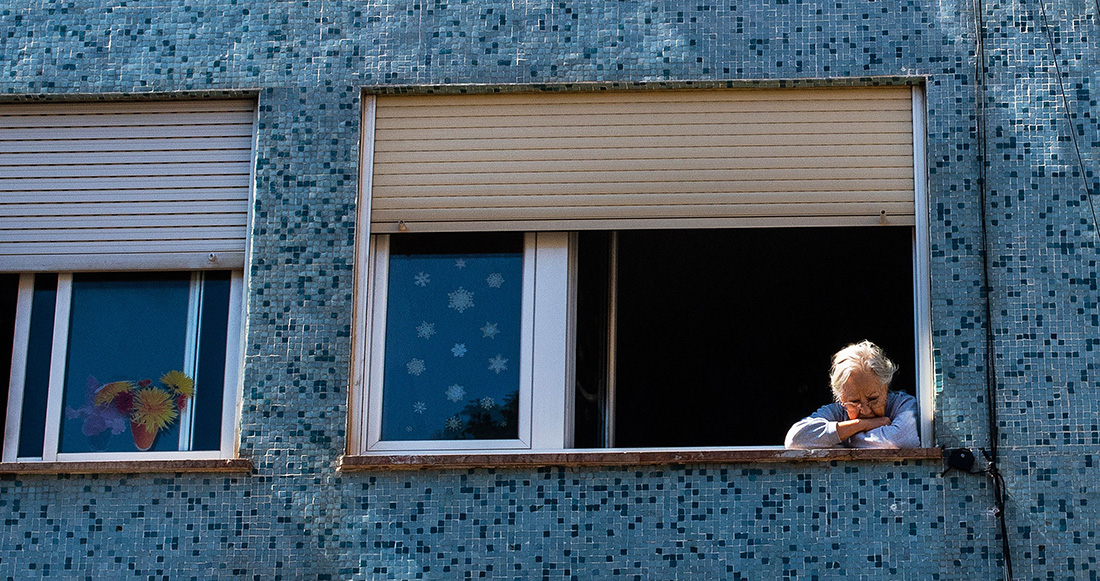
14 May Why has COVID-19 hit seniors so hard?
It’s not one thing, it’s everything. Older people are more likely to catch the disease, to suffer from it more severely, and to have a tougher recovery.
By Sara Harrison, WIRED
It took six weeks, several long, frustrating phone calls, and a consultation with Apple Care before Laurie Jacobs got her 89-year-old father up and running on FaceTime. Jacobs, who is a geriatrician by training and is now the chair of the Department of Medicine at Hackensack University Medical Center in New Jersey, was worried about how her parents were coping during the pandemic. They live in a long-term care community, but they felt isolated and lonely. Over the phone, Jacobs couldn’t tell how her mother, who has some cognitive decline, was feeling or if she was walking comfortably. “The communication at a distance is very difficult,” she says. “You don’t always get the whole picture with an older adult on the telephone.”
And, like so many other Americans in quarantine, her parents were running out of things to do. “They seemed bored and somewhat depressed by the lack of stimulation, so further ways for them to interact was very important,” says Jacobs.
The Covid-19 pandemic presents a doubly complicated situation for older people: Not only are they at higher risk of contracting the disease, and more likely to develop severe infections and die from it, but they are also the most likely to struggle with—and suffer from— the consequences of prevention strategies like social distancing. For people with dementia, Alzheimer’s disease, or severely reduced mobility, social-distancing guidelines can be impractical and nearly impossible to follow, making prevention and treatment even more complicated. Read more …



